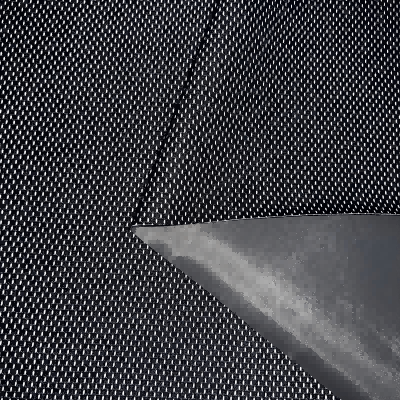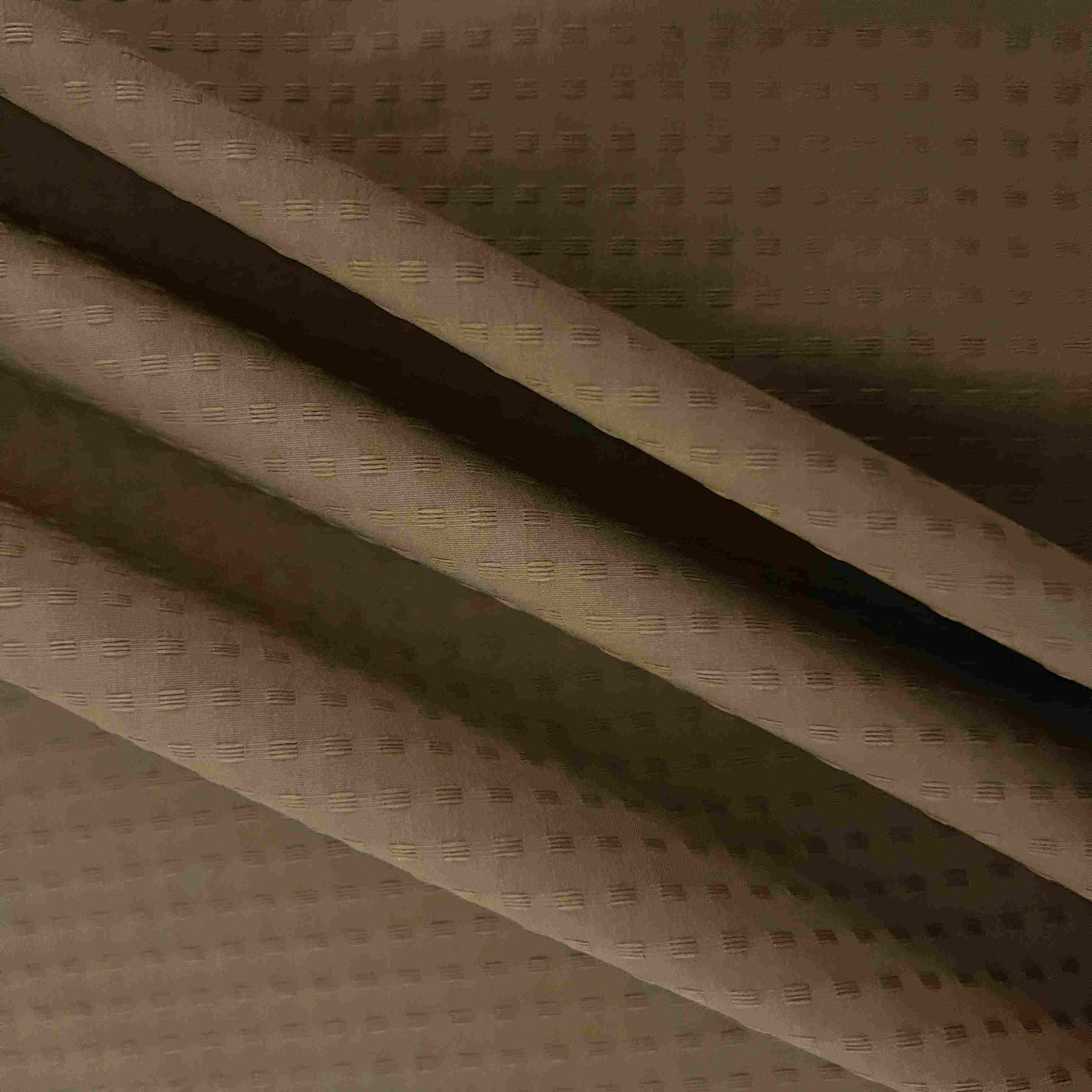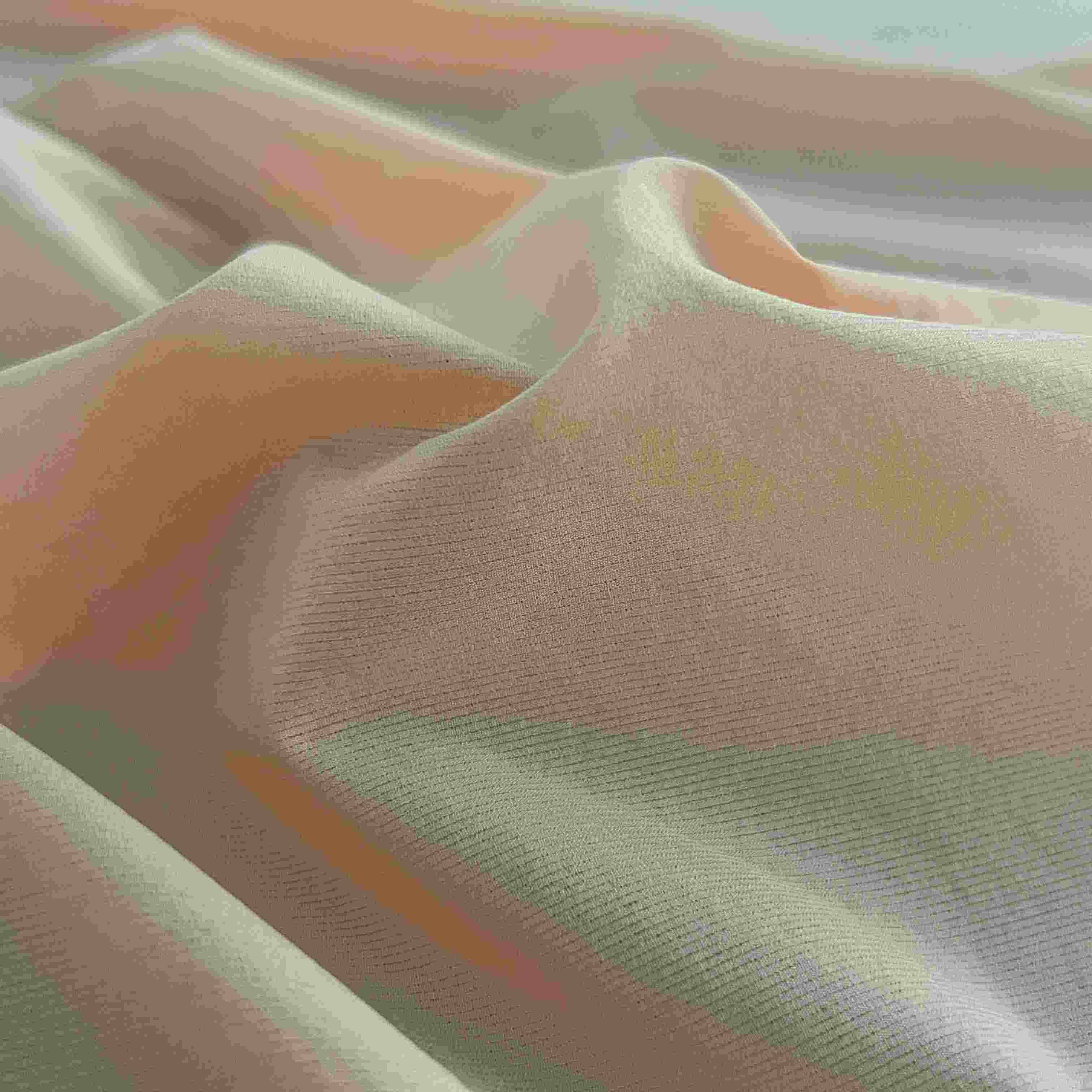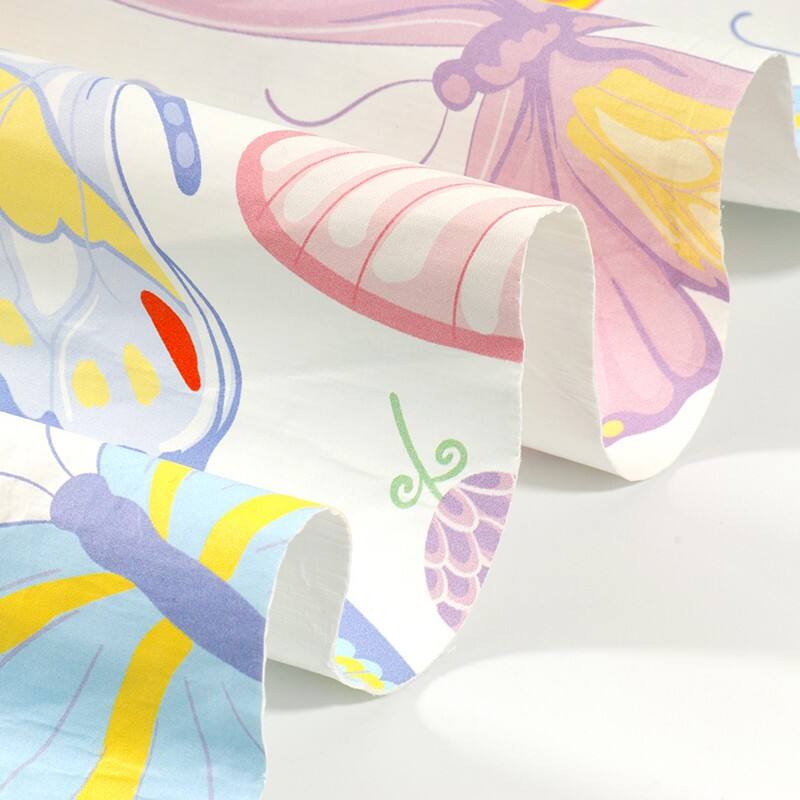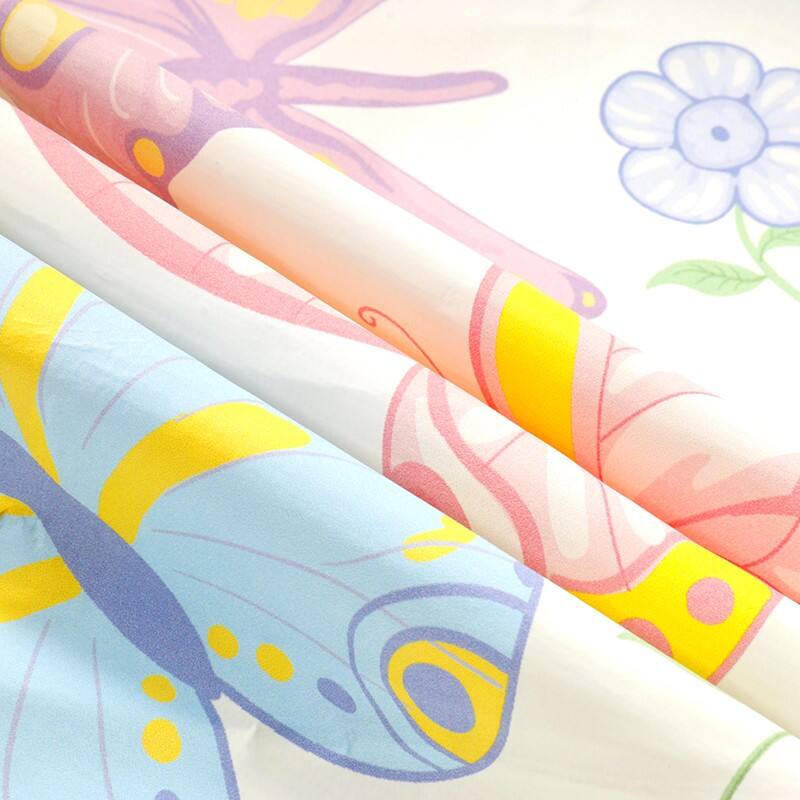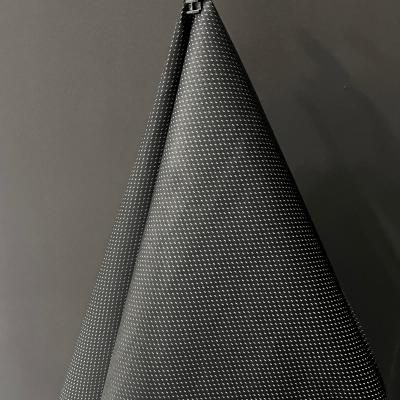eco friendly clothing materials
Eco friendly clothing materials represent a revolutionary shift in sustainable fashion, combining environmental consciousness with modern textile innovation. These materials encompass a wide range of sustainable fibers, including organic cotton, hemp, bamboo, recycled polyester, and innovative plant-based alternatives. Each material is carefully selected and processed to minimize environmental impact while maintaining high performance standards. Organic cotton, for instance, is grown without harmful pesticides and requires significantly less water than conventional cotton. Bamboo fabric offers natural antibacterial properties and exceptional breathability while growing rapidly with minimal resources. Hemp stands out for its durability and low environmental impact, requiring minimal water and no pesticides to cultivate. Recycled polyester, created from post-consumer plastic bottles, helps reduce landfill waste while maintaining the technical properties of traditional polyester. These materials undergo rigorous testing to ensure they meet quality standards while maintaining their eco-friendly credentials. The production processes emphasize water conservation, reduced chemical usage, and lower carbon emissions. Modern technological innovations have enabled these materials to compete with, and often surpass, conventional fabrics in terms of comfort, durability, and functionality.

